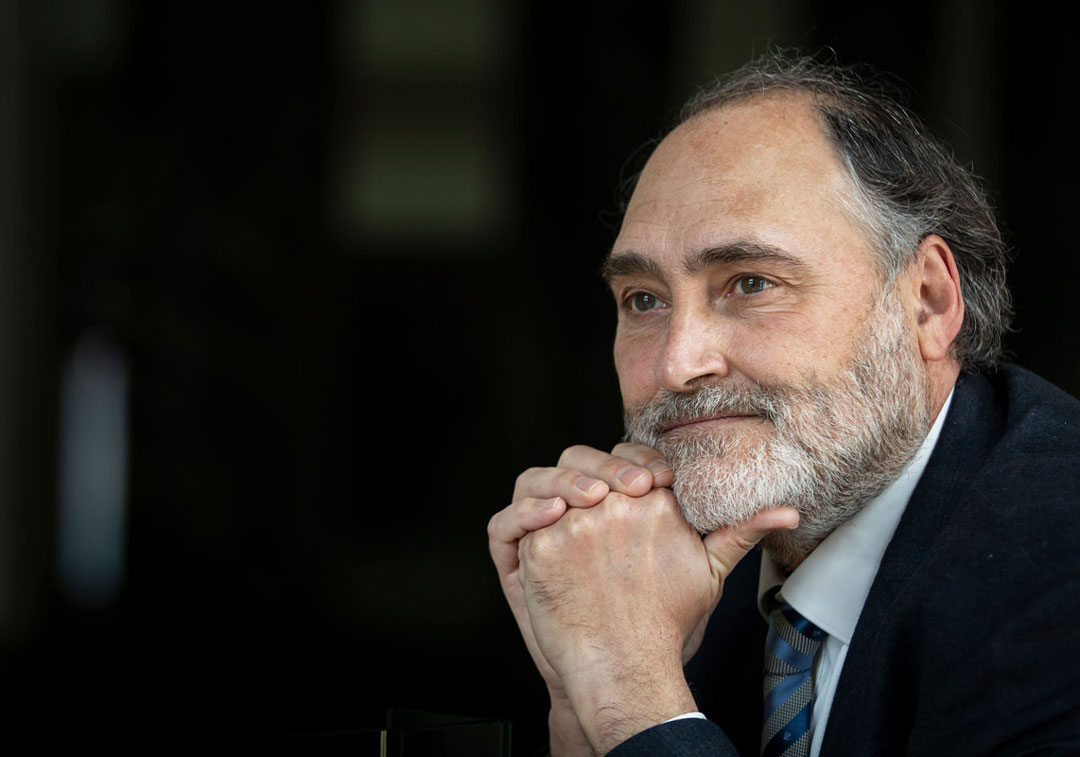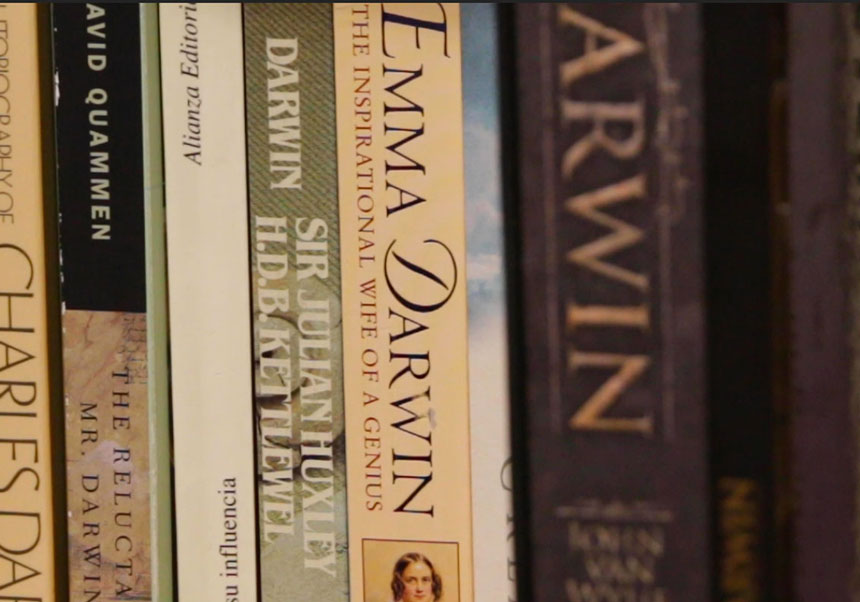Carlos Hermenegildo: "I am concerned about the ease with which society believes absurd things"
- Mètode
- March 23rd, 2021

Interview with Carlos Hermenegildo, Vice-principal for Research at the Universitat de València, included in issue 108 of the journal Mètode.
The coronavirus pandemic took society as a whole by surprise in early 2020. For the universities, it suddenly meant a total change in the organisation of teaching and research for which no one was prepared. One year on from the declaration of the state of emergency and the start of the lockdown, which lasted until June, we talked to Carlos Hermenegildo (Huesca, 1966), Vice-principal for Research at the Universitat de València and full university professor of Physiology, to explain how the health crisis has been managed from the university level, but also to give us his point of view as a health specialist on everything that the pandemic has brought with it.
The second term of the 2019-2020 academic year had started normally when, all of a sudden, it had to go entirely online. The university's laboratories and research centres were forced to close their doors until summer, with the exception of those directly related to coronavirus research. The entire university community made an enormous effort to adapt in order to be able to continue to carry out university activities as efficiently as possible. One year later, with a new state of emergency, and awaiting the arrival of the vaccine for the entire population, the situation is still far from that of a normal university year.
In all these months, Professor Carlos Hermenegildo highlights the commitment that the university community has shown to society, and regrets the negative view that has sometimes been offered of the university student body. "The university has been a safe place, and the vast majority of students have behaved in an exemplary manner, as has most of society," the full university professor emphasises.
What challenges has the pandemic brought from the point of view of university management?
In March, the priority was to save teaching. Going from a face-to-face modality to having to use technologies that were not even set up required a lot of effort on our part, but above all on the part of the teaching staff and students. At that time, when we were in the strictest confinement, research was completely paralysed, something I personally did not agree with. We managed to keep a few COVID research centres and laboratories open, but it was very difficult. We received a lot of criticism from researchers, and I think justifiably so. Researchers in social sciences or humanities, who could be given access to databases or networks to continue their work, were not the same as those who had to continue their experiments in the laboratory and were unable to do so. This is where we encountered the most difficulties from the beginning, because legally it was not allowed under the state of emergency.
What does the new normal look like at university?
Since the summer, from a research management point of view, it has been a bit easier. The laboratories are open, with capacity restrictions and some difficulties caused by the pandemic, but it has been possible to maintain research. Even now, when there is talk of reducing attendance, everyone understands that laboratories and research should not be closed. Those of us who consider research to be an essential activity are more relaxed in this respect. But then the administrative management and teaching part of the job is still complicated. No matter how well we manage to telecommute, it is not the same to be able to do your business from your workplace and interact normally with the rest of your colleagues and services, as it is to work from home and depend on other means. In addition, the pandemic affects everyone and, for example, this year we had several scientific infrastructures under construction or pending instrumentation, and many supplies cannot arrive, so everything is slowing down and we are having difficulties in meeting project objectives, despite the extension of research deadlines. All this is making researchers and us desperate.
What impact will it have on research results in the medium and long term?
We have observed in the University and in other associated centres that it will probably not be so noticeable in the 2020 research report, because there have been many researchers who have published everything they had pending and therefore scientific production will not be too much reduced. But it is clear that in the coming years it will be noticeable. The laboratories have been closed for months, and since the summer we have not been working at normal performance, due to all the restrictions and difficulties associated with this. However, one of the things we are proudest of as an institution, and it is a feeling shared with all universities and research centres, is the response we have given to the pandemic. At the Universitat de València there have been more than 60 research projects, alone or in collaboration with other health institutions, with the CSIC or other universities, which have been set in motion to design protocols for action, devices, masks, diagnostic kits. There has been a very generous effort on the part of the research staff, beyond their schedules and the limitations of the Universitat itself. The research groups and centres have understood that this was a time of great stress and great need, and the researchers and university workers have responded far beyond what could be demanded of them.
You can read the full interview on the Mètode website
Anna Mateu, cap de redacció de la revista Mètode.
Martí Domínguez, director de la revista Mètode.
Interview published in issue 108 Citizen Science of the journal Mètode.
















